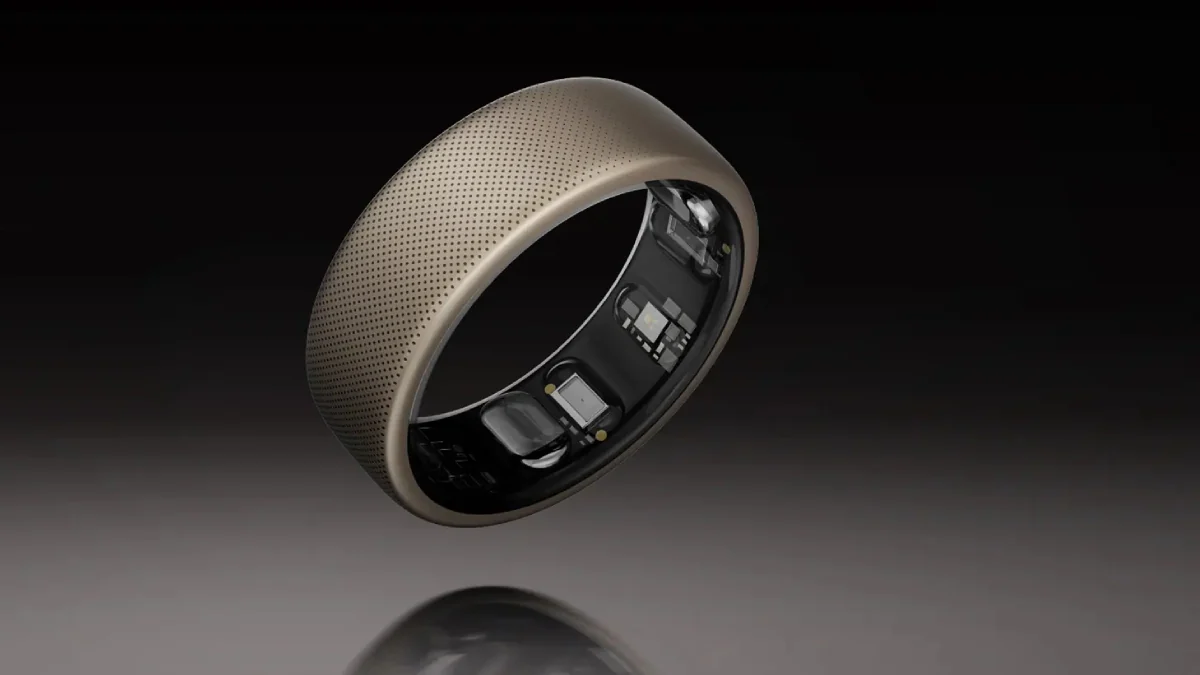Amazfit Helio Ring was introduced at the Consumer Electronics Show (CES) 2024 in Las Vegas. The smart ring by Zepp Health is said to provide integrated data with Amazfit smartwatches and the Zepp App. It is likely to compete with the likes of Noise Luna Ring and Boat Smart Ring. The company has confirmed that the Amazfit Helio Ring will be available for purchase later this year. Notably, other leading brands like Samsung and Apple have also previously been tipped to be working on their versions of smart rings that are also expected to hit the markets soon.
Zepp Health introduced the Amazfit Helio Ring at CES 2024. It is confirmed to be available for purchase in early Spring 2024. The company has revealed the design of the smart ring but has not yet disclosed many specifications of the device. The official website claims that the ring can be used alongside an Amazfit smartwatch and the data from both the smart wearables will be integrated with the Zepp App.
The Amazfit Helio Ring is confirmed to offer 10 ATM water resistance, according to the information available on the fact sheet attached in the CES press kit. It is said to support athletes in their training and complete recovery after a break or an injury. Its titanium alloy material claims to offer durability and lightness. The ring is offered in two sizes – the size 10 ring weighs 3.8g while the size 12 weighs 4g.
Utilizing the Zepp App, Amazfit Helio Ring users can monitor heart rate variability, sleeping heart rate, breathing, blood oxygen saturation level, and body temperature. The ring doubles as a sleep-tracking device, incorporating Electrodermal Activity (EDA) sensors to track physical indicators of emotional stress, such as sweat, providing insights into users’ emotional health.
Alongside standard fitness tracking features like step and calorie monitoring, it’s important to note that the Amazfit Helio Ring lacks GPS connectivity. The ring also claims to assess cardiovascular health by tracking the time it takes for the heart rate to return to normal within three minutes after exercise.
While the company hasn’t officially disclosed the battery capacity, internal testing suggests a battery life of up to five days, as indicated in the FAQ document.










